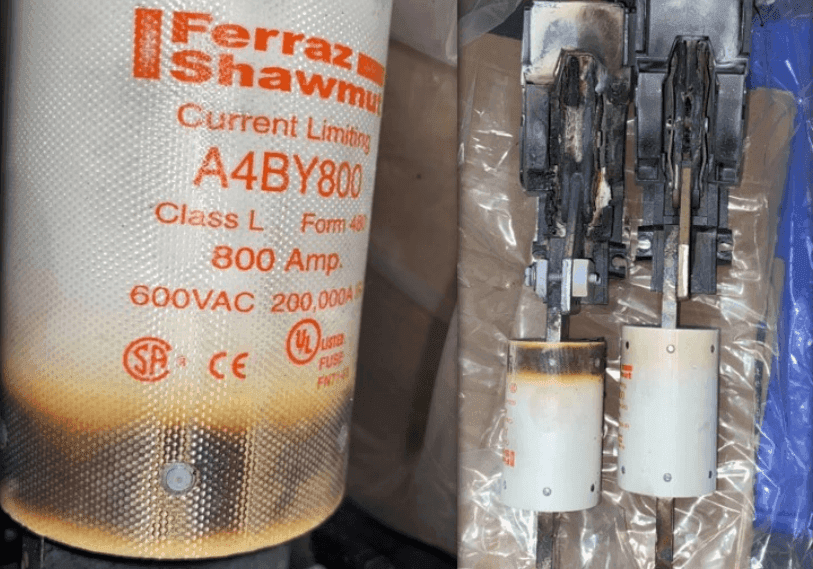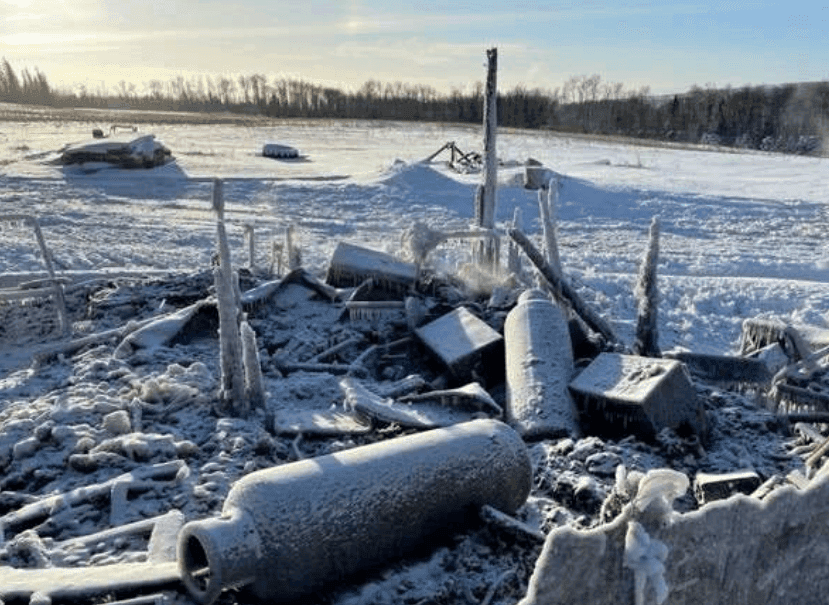Extreme Weather Incidents
Maintaining safety while adapting to climate extremes
British Columbians need to increase their awareness of the safety impacts of climate interactions with technical systems.
Extreme weather and climate change pose a mounting risk to communities across BC. As many residents seek to adapt to our changing environment and keep their homes comfortable with appliances such as air conditioners or heaters, we have seen several dangerous incidents and unexpected consequences arise with our technical systems.
Below are two incidents involving climate extremes, including heat and cold. These incidents are examples of the need to raise awareness about the risks that climate extremes pose to technical systems. Our investigations into these incidents provide important insights and learnings about mitigating these risks and emphasize the importance of proper equipment maintenance and usage.

Extreme Heat and Overloading of the Main Service Switch
In August 2021, extreme heat conditions led to the usage of more internal cooling equipment such as air conditioners. In this incident, it is suspected that the addition of these devices led to the main service switch in a commercial building to overload, causing the internal components to overheat and melt.
Extreme Cold and Propane Leakage
During an unprecedented stretch of extreme cold weather in 2022, a tank mounted heater and two 100-pound propane cylinders were brought inside a residence and used for supplementary heating. A leak from one of the propane cylinders inside of the residence caused an explosion and fire.

Key Learnings and Safety Guidance:
Extreme Heat and Overloading the Main Service Switch
On account of these investigations, we encourage the following precautions:
When using or adding heat pumps or air conditioning units, have electrical systems examined by qualified individuals to ensure adequate sizing and ability to safely supply the required amount of electricity.
Some electrical components require maintenance. Make sure to have these components maintained by a licensed contractor to help prevent high resistance connections and overheating damage. Preventative maintenance methods for service switches may include periodic physical examination, termination tightening, and thermographic heat scans.
Extreme Cold and Propane Leakage in a Residence Leading to an Explosion and Fire
Use and store propane gas cylinders safely as per the gas safety code and guidelines. Connecting and disconnecting cylinders should only be done in a well-ventilated area with no sources of ignition nearby.
Only use heaters that are approved for indoor use and follow the manufacturer’s instructions for safe operation. Ensure adequate airflow is available for proper combustion and always use a carbon monoxide (CO) sensor alarm.
Resources:
Maintenance standards recommended by the manufacturer - NEMA KS-3: Guidelines for Inspection and Preventive Maintenance of Switches Used in Commercial and Industrial Applications (available online at www.nema.org) & NFPA 70B: Recommended Practice for Electrical Equipment Maintenance (available online at www.nfpa.org)
Regulations:
Canadian Electrical Code
Canadian Gas Code
Propane Storage and Handling Code
Safety Standards Act